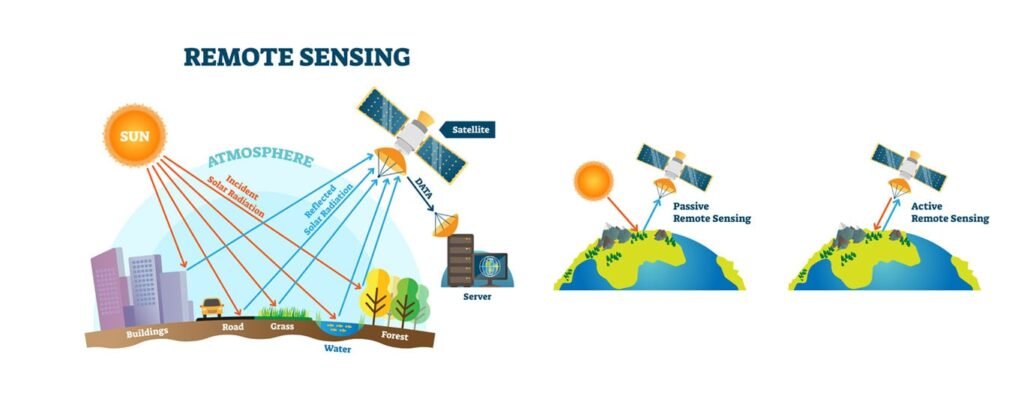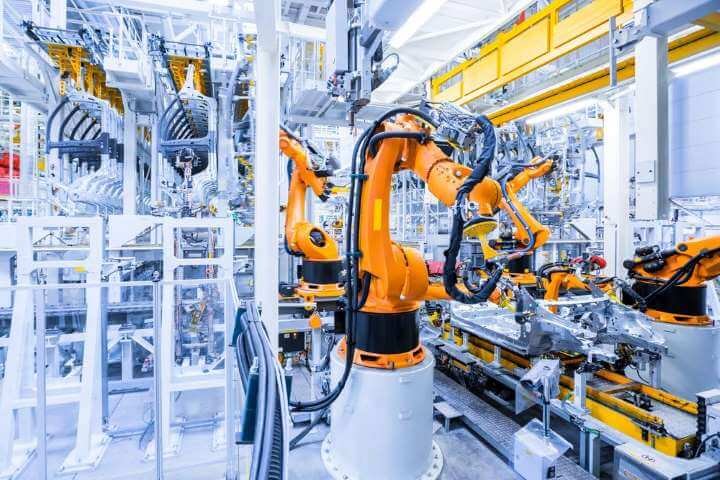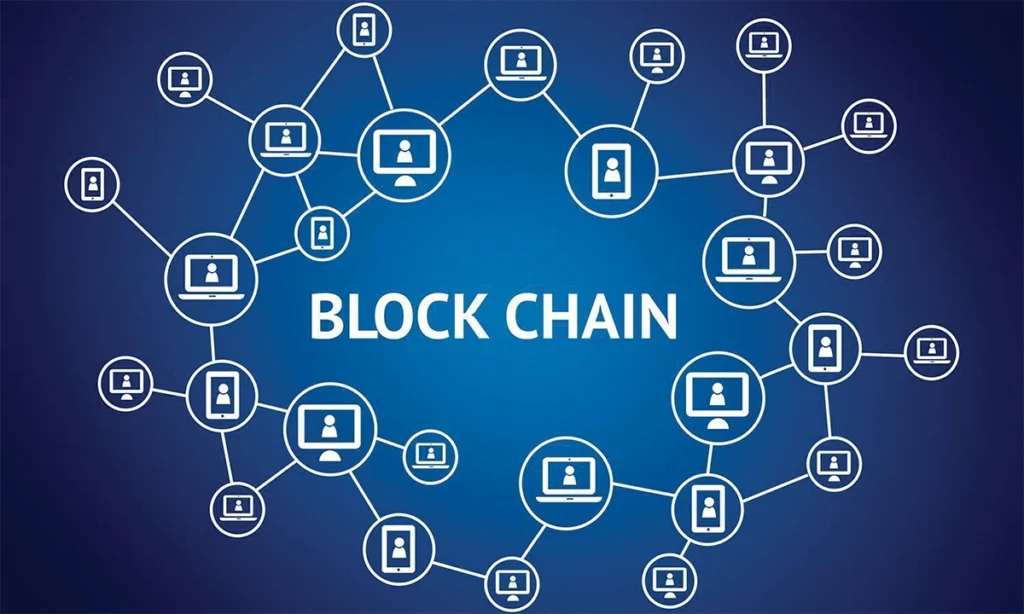The Nigerian mining industry, long associated with rugged landscapes and grimy labor, is undergoing a digital revolution. By embracing new technologies like remote sensing, artificial intelligence, and automation, miners are not only boosting efficiency and safety, but also minimizing their environmental footprint.
Remote Sensing and GIS:
Imagine pinpointing valuable mineral deposits without ever setting foot on the ground. With remote sensing and Geographic Information Systems (GIS), drones and satellites capture detailed images of the earth’s surface, allowing geologists to map mineral resources and plan extraction with unparalleled precision. This not only saves time and money but also minimizes disturbance to fragile ecosystems.

AI and Machine Learning:
Algorithms are taking the pickaxe out of mining. By analyzing vast datasets of geological data, AI can predict where minerals are most likely to be found, optimizing exploration and extraction processes. Machine learning algorithms can also monitor equipment for potential failures, preventing costly downtime and improving worker safety.

Robotics and Automation:
Forget dusty overalls and hard hats. Robots are entering the mineshaft, performing hazardous tasks like drilling and hauling away materials. This not only reduces the risk of human error and accidents but also allows for 24/7 operations, maximizing productivity. Imagine autonomous mining trucks navigating complex tunnels with laser precision, or robotic arms sorting through extracted materials with superhuman efficiency.

Drones and Automation:
Drones are buzzing over mines, capturing aerial data, inspecting infrastructure, and even delivering supplies. Automated drones can map vast areas quickly and safely, while others can monitor air quality and environmental impact. This real-time data allows for proactive measures to minimize environmental damage and ensure worker safety.

Cloud Computing and Data Analytics:
The mountains of data generated by modern mining operations need a home. Cloud computing provides a secure and scalable platform for storing, analyzing, and sharing this data. Advanced analytics tools can identify trends, predict equipment failures, and optimize operations, leading to significant cost savings and improved efficiency.

Blockchain Technology:
Transparency and trust are paramount in the mining industry. Blockchain technology can track the movement of minerals from extraction to processing, ensuring ethical sourcing and preventing conflict minerals from entering the supply chain. By creating an immutable record of origin, blockchain technology empowers consumers to choose ethically sourced minerals and prevents conflict minerals from financing wars, banditry, and human rights abuses.

This not only benefits consumers but also fosters trust with local communities and regulators.
Quantum Computing:
While still in its early stages, quantum computing holds immense potential for the mining industry. Its ability to solve complex calculations much faster than traditional computers could revolutionize mineral exploration, leading to the discovery of new deposits and more efficient extraction methods.

These technological advancements are not just futuristic dreams. They are transforming the mining industry today, making it safer, cleaner, and more efficient. As these technologies continue to evolve, the future of the Nigerian mining industry looks brighter than ever, with a focus on sustainability, responsibility, and innovation.
The Nigerian Mining Industry: Embracing the Digital Age for a Brighter Future
The Nigerian mining industry, brimming with potential, stands at a crossroads. While abundant resources promise prosperity, outdated practices threaten both the environment and the well-being of communities. But there’s a glimmer of hope – a technological revolution is underway, and its potential to transform the industry is undeniable.
From the eagle-eyed precision of remote sensing to the tireless efficiency of automation, these advancements offer a path toward a more sustainable, responsible, and profitable future. Imagine mines operating with minimal environmental impact, communities empowered through transparent practices, and local economies thriving on the responsible extraction of resources. This is not science fiction; it’s the future within reach.
The call to action is clear: stakeholders across the Nigerian mining industry, from government bodies, academic institutions, and mining companies to research institutions and local communities, must come together to embrace this technological revolution. Investing in infrastructure, training, and collaboration is crucial to ensure all levels of the industry, from artisanal miners to large-scale operations, have access to these transformative tools.
Let us not be bound by the limitations of the past. Let us seize this opportunity to chart a new course for the Nigerian mining industry, one driven by innovation, sustainability, and shared prosperity. The future is digital, and the time to act is now. Let’s harness the power of technology to unlock the true potential of Nigeria’s mineral wealth, for the diversification of the economy and the benefit of all.
READ Also:
Need a Mining License or Mineral Trade Permit in Nigeria? Here’s How We Can Help




Leave a Reply